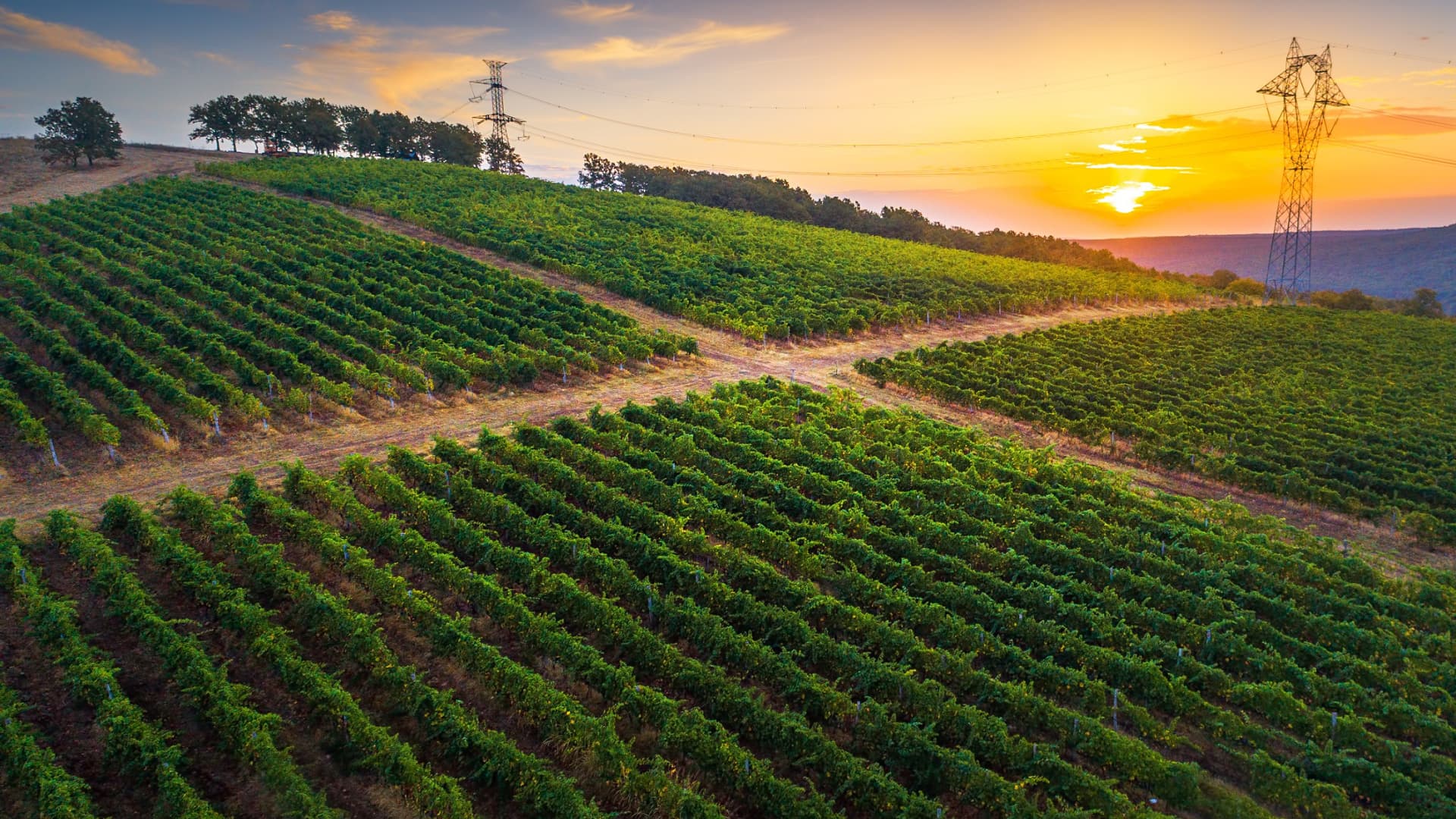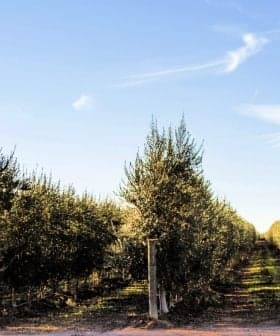New Rules Govern Organic Food in the U.S.

The USDA has released a new rule, Strengthening Organic Enforcement (SOE), that will impact certified organic companies and require compliance within one year, with a focus on improving traceability, oversight, and enforcement of organic regulations. The new regulations aim to protect organic integrity, increase consumer confidence, and ensure that organic imports comply with U.S. trade agreements, with a particular focus on olive oil imports and the growth of organic product sales in the United States.
The U.S. Department of Agriculture (USDA) has recently released a significant update to organic sector regulations.
The new rule, Strengthening Organic Enforcement (SOE), will apply to domestic organic food production and organic food imports. It will come into effect on March 20th and require all affected businesses to comply within one year.
The new provisions will impact certified organic companies or those producing, trading or selling organic food. The rules will also affect USDA-accredited agents and inspectors.
According to USDA, “SOE protects organic integrity and bolsters farmer and consumer confidence in the USDA organic seal by supporting strong organic control systems, improving farm-to-market traceability, increasing import oversight authority, and providing robust enforcement of the organic regulations.”
See Also:Olive Oil Business NewsDeemed the most relevant update to the sector since the Organic Foods Production Act in 1990, the new regulation will require organic food companies to gather a standard organic certification for each involved actor within the production chain.
Companies will also have to provide additional data associated with their certified organic operations more frequently than in the past. SOE requires more rigorous on-site inspections of certified operations, including complete mass-balance audits and traceability verifications.
USDA agents must conduct unannounced inspections on at least five percent of the operations they certify. New training and qualifications will be applied to organic inspectors and licensing personnel.
According to USDA, SOE will allow for more robust record-keeping, traceability practices, and fraud prevention procedures.
In addition, SOE will require the evaluation of foreign governments’ organic programs to ensure that organic food imports comply with U.S. trade arrangements and agreements.
Import certificates will now be required for all organic imports. “This change expands the use of National Organic Program (NOP) Import Certificates to all organic products imported into the United States, improving the oversight and traceability of imported organic products,” USDA stated in introducing the new rules.
The latest USDA data shows that in 2018, organic olive oil made up approximately one-tenth of all U.S. olive oil imports. According to International Olive Council data, the U.S. imported almost 400 thousand tons of olive oil last season.
Last December, USDA’s National Agricultural Statistics Service (NASS) released its 2021 Organic Survey, which shows a 13 percent growth in organic product sales in the United States between 2019 and 2021, with a 5 percent increase in the number of domestic organic farms.









